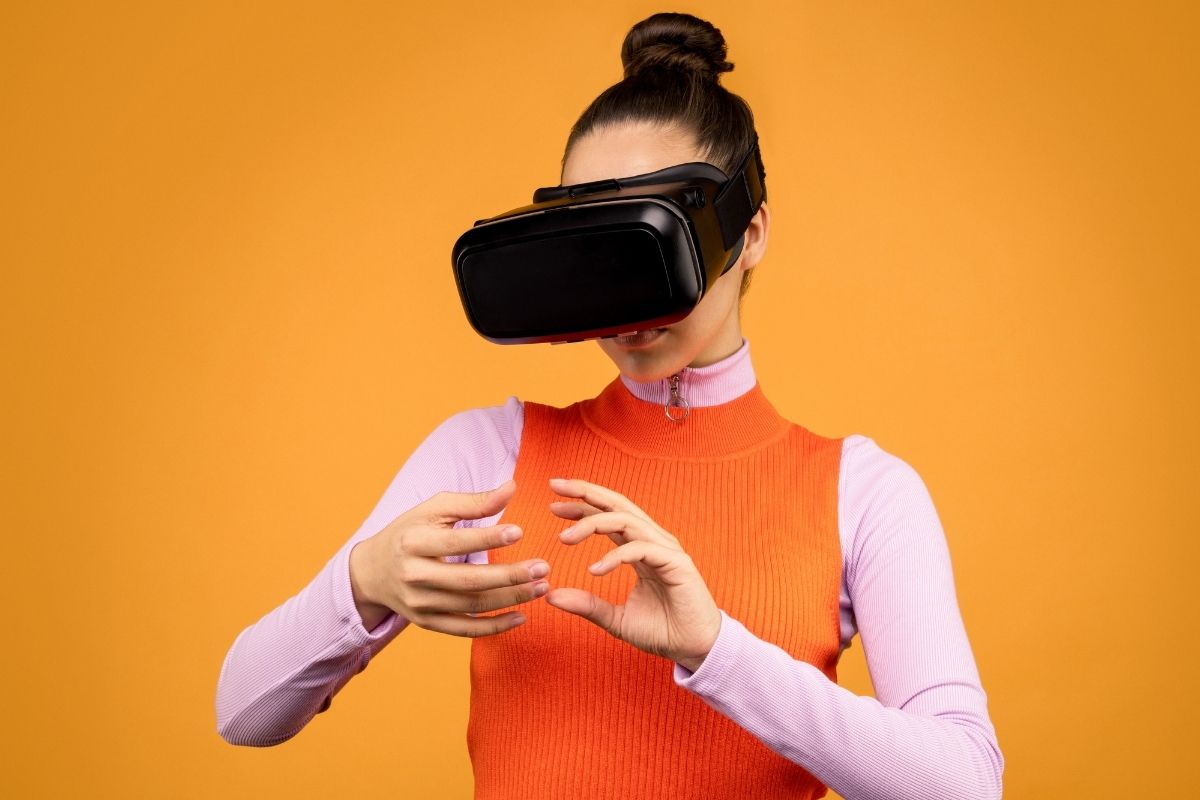Researchers are conducting a study to determine how beneficial the VR tech will be to MS patients.
Kessler Foundation scientists recently published an article in which they advocated for working virtual reality technology into certain more conventional multiple sclerosis therapies to help to boost their effectiveness.
The researchers offered a conceptual framework to support the use of VR tech for cognitive rehabilitation.
The researchers discussed a way of using traditional cognitive rehabilitation and exercise training along with virtual reality technology. They theorized that this combination would strengthen the impact of those traditional therapies by enhancing sensory input and promoting multisensory integration and processing.

Carly L.A. Wender, PhD, John DeLuca PhD, and Brian M. Sandroff, PhD were the multiple sclerosis (MS) and exercise researchers who authored the article. “Developing the rationale for including virtual reality in cognitive rehabilitation and exercise training approaches for managing cognitive dysfunction in MS,” they said in the review that was published earlier this year in open access by NeuroSci as a component of its Special Issue Cognitive Impairment and Neuropsychiatric Dysfunctions in Multiple Sclerosis.
The virtual reality technology is meant to enhance traditional therapies that aren’t fully effective.
The current pharmacological therapies for multiple sclerosis have not proven effective for cognitive dysfunction, which is a common MS consequence which has a substantial impact on the daily lives of patients. The lack of effectiveness places the spotlight on the need for pursuing other strategies for managing the cognitive deficits that can be disabling for MS patients.
Researching virtual reality technology for multiple sclerosis rehabilitation is pursuing the opportunity to not only improve patient cognition but also to make it easier to convert those cognitive gains into everyday function improvements, said Center for Neuropsychology and Neuroscience Research senior research scientist Brian Sandroff, PhD from Kessler Foundation.
“With VR, we can substantially increase engagement and the volume of sensory input,” Sandroff predicted. “And by promoting multisensory integration and processing, VR can augment the effects of the two most promising nonpharmacological treatments—cognitive rehabilitation and exercise.” This tech is varied and flexible, making it possible for the researchers to control the cognitive challenge range and progression. It also has the potential for broader adaptations and effects from even stronger interventions.

